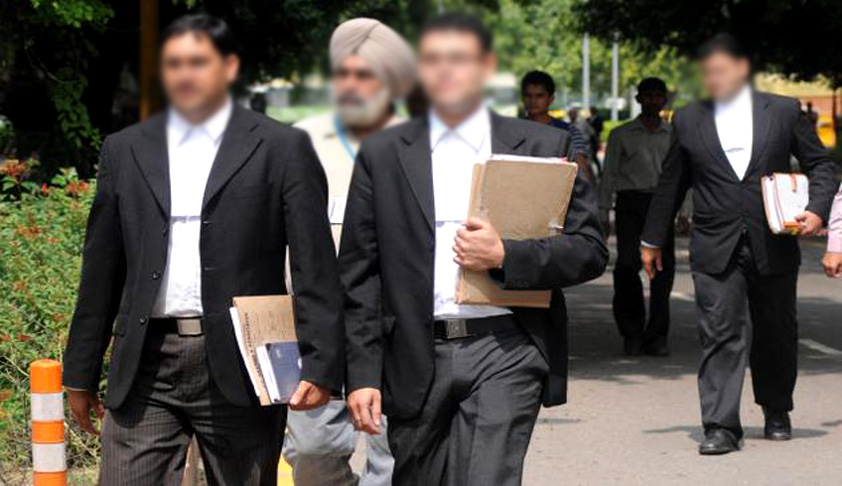
Sanjeev Sirohi
In a powerful defence of professional ethics and constitutional safeguards, the Kerala High Court has ruled that police cannot summon an advocate—appearing for the accused in a criminal case—to divulge client communications. The court called such actions a clear infringement of legal privilege and professional freedom, reinforcing that criminal law must not be used as a tool of harassment.
This significant ruling came in the case titled Ajitkumar K.K. vs. The State of Kerala & Anr [WP(Crl) 363 of 2025, Neutral Citation No.: 2025:KER:26581], where the High Court, in a bold and balanced judgment authored by Hon’ble Dr Justice Kauser Edappagath, made it unequivocally clear that police powers under Section 179(1) of the Bharatiya Nagarik Suraksha Sanhita (BNSS) cannot be stretched to summon advocates representing accused individuals, especially for the purpose of extracting privileged client information.
At the outset, the court highlighted the peculiar nature of the case. In paragraph 1, it noted,
“The petitioner, a practising advocate, was served with a notice under Section 35(3) of the BNSS, calling upon him to appear before the investigating officer in a crime in which he represented the accused at the Magistrate Court in a hearing on the bail application—a strange procedure unheard of in criminal investigation.”
To set the context, the Bench observed in para 2 that a case was registered against a couple accused of being Bangladeshi nationals using forged documents. The petitioner, their advocate, had filed a bail application on their behalf, which was dismissed. Before and after this filing, he received summons from the police to appear and submit documents, despite having already submitted them to the court.
In para 3, the court recounts how the advocate submitted original documents, including Aadhaar and voter IDs, to the court. Still, the police issued a second notice under Section 35(3) of BNSS to question him, even threatening arrest under subsections (5) and (6) if he failed to comply.
In para 7, the Bench clearly interprets the legal position: Section 35(3) of BNSS allows police to issue a notice to a person suspected of a cognizable offence—but only when there is credible information or suspicion of wrongdoing. “No notice under Section 35(3) can be issued in a routine manner. Criminal law and its process ought not to be instrumentalized as a tool of harassment,” the judgment states, quoting Supreme Court rulings such as Arnesh Kumar v. State of Bihar and Satender Kumar Antil v. CBI to reinforce the point.
In para 8, the court clarifies the distinction between notices under Sections 35(3) and 179(1) of BNSS, noting that the former targets suspects, the latter witnesses. Yet, in this case, the police issued a suspect-level notice to the advocate—a gross misapplication of the law.
Then comes the crux of the matter. In para 9, the court firmly holds that,
“While the police can issue a summons to a suspect or witness, they cannot summon an advocate to the police station in his professional capacity.” Such actions, the court held, infringe on the client’s right to legal representation and compromise the constitutional rights of advocates.
Para 10 reinforces this point: “It appears that the police, by issuing Ext.P3 notice, were trying to involve the petitioner in the investigation of the crime alleged against his clients without any material suggesting his involvement.” The court emphasized that any communication between a client and advocate is protected under Section 132(1) of the Bharatiya Sakshya Adhiniyam (BSA), and cannot be legally extracted.
In para 11, the court asserts that the police’s action violated both the Advocates Act, 1961 and Article 19(1)(g) of the Constitution. The notice was thus illegal, ultra vires, and unsustainable.
Para 12 records that the police later withdrew the notice, and hence the petition was disposed of without needing to formally quash the same.
Finally, in para 13, the judgment reiterates Supreme Court directives that police must act strictly within the bounds of Sections 35(1) and (3) of BNSS while exercising arrest powers or issuing notices. It concludes with a direction to the Kerala State Police Chief to ensure statewide compliance with the law, so that the rights of individuals—particularly advocates—are not infringed.
In sum, this landmark judgment is a timely reminder that while law enforcement has wide powers, those powers must be exercised within constitutional limits. Advocates cannot be dragged into investigations merely for representing their clients. The Kerala High Court’s clarity on this issue should echo not just in Kerala, but across all Indian states.
Sanjeev Sirohi, is a legal expert based in Uttar Pradesh. He writes legal articles for The Kashmiriyat.




